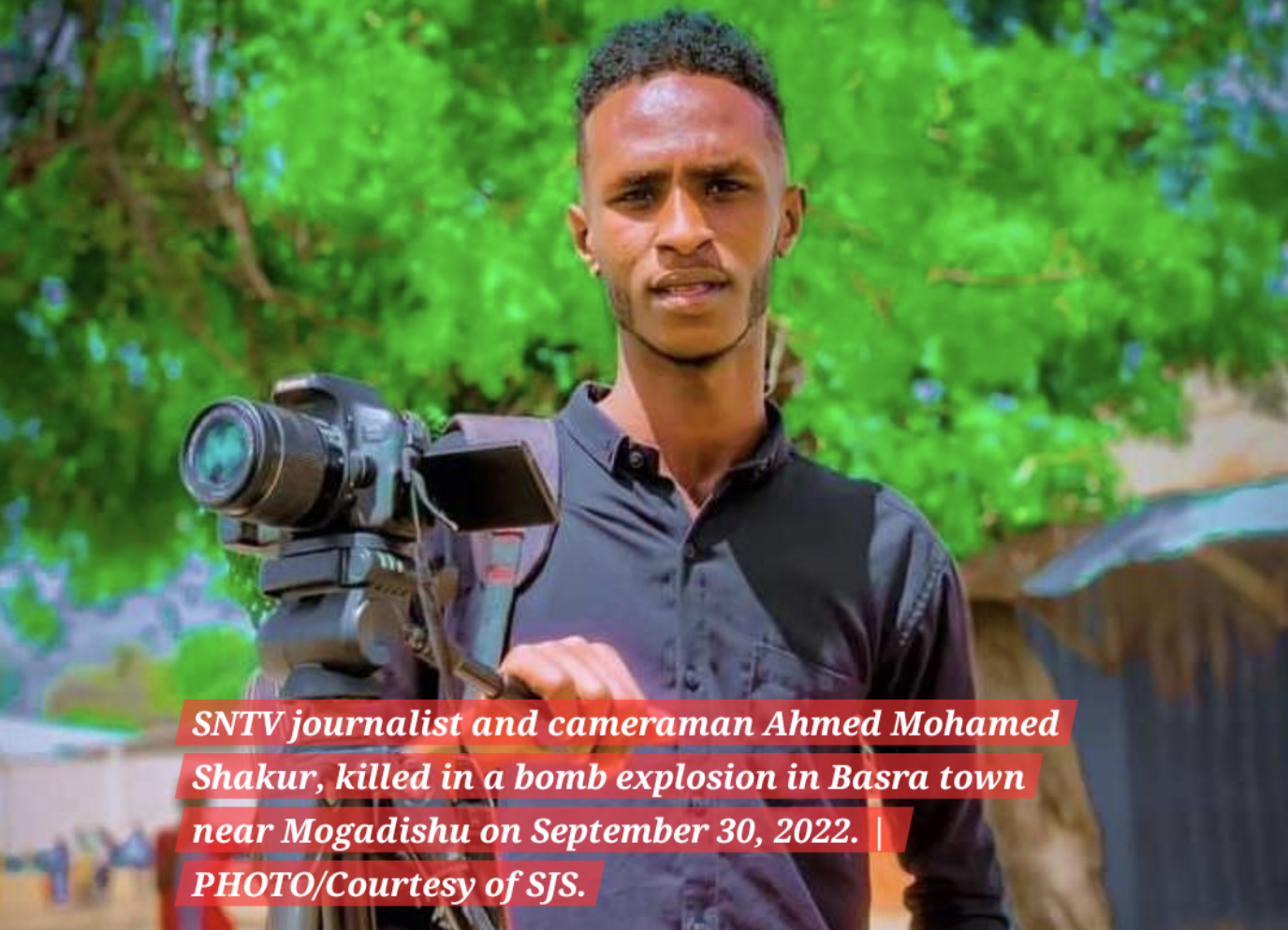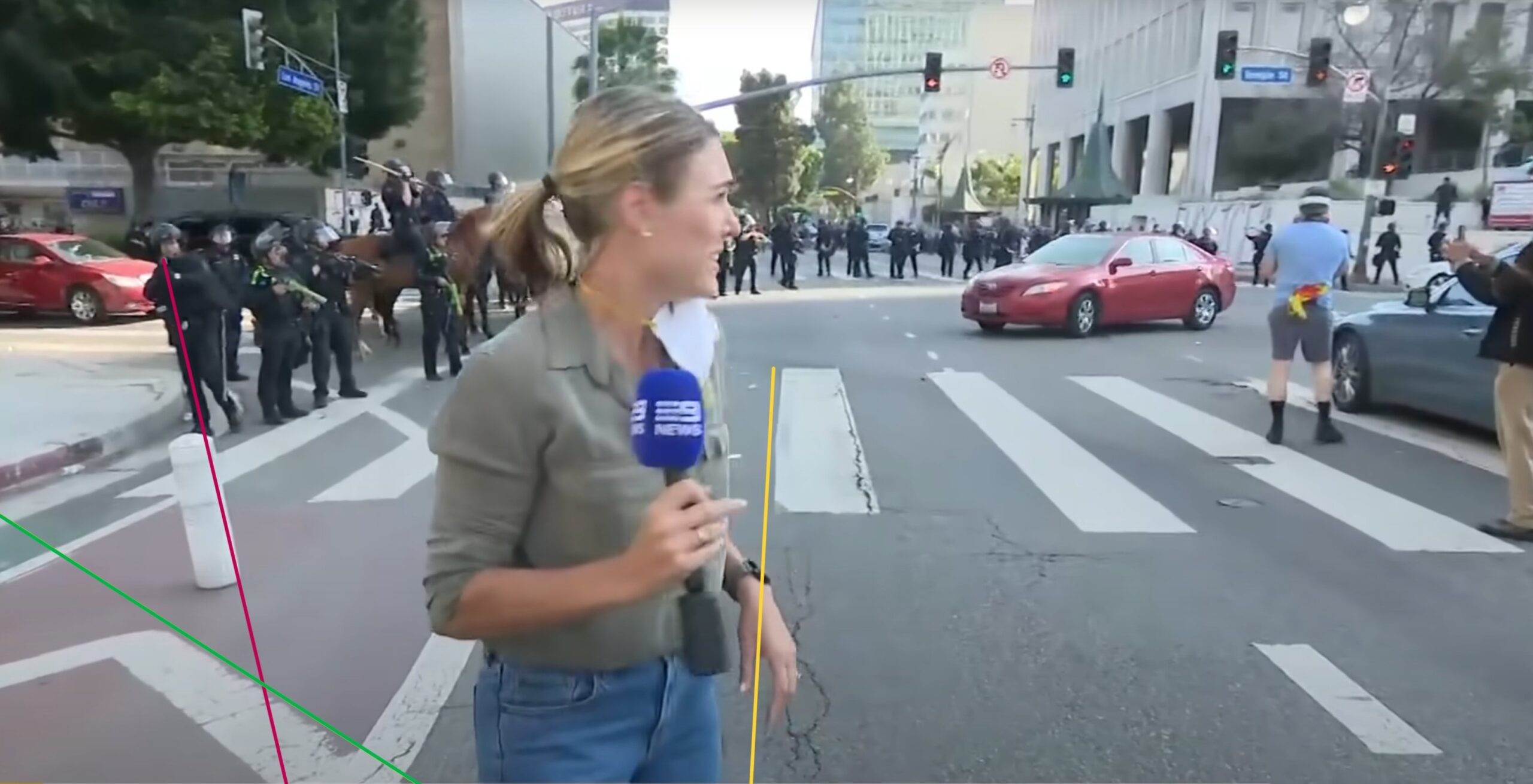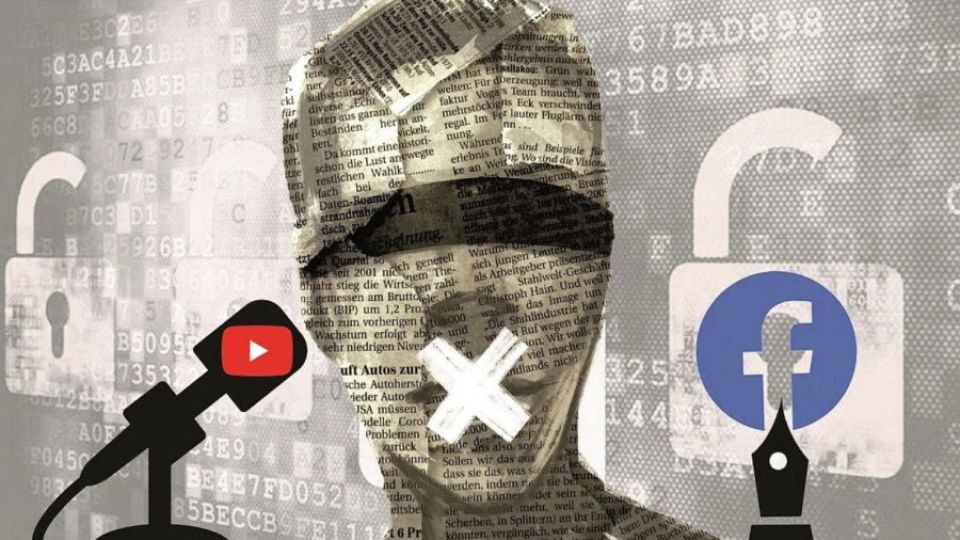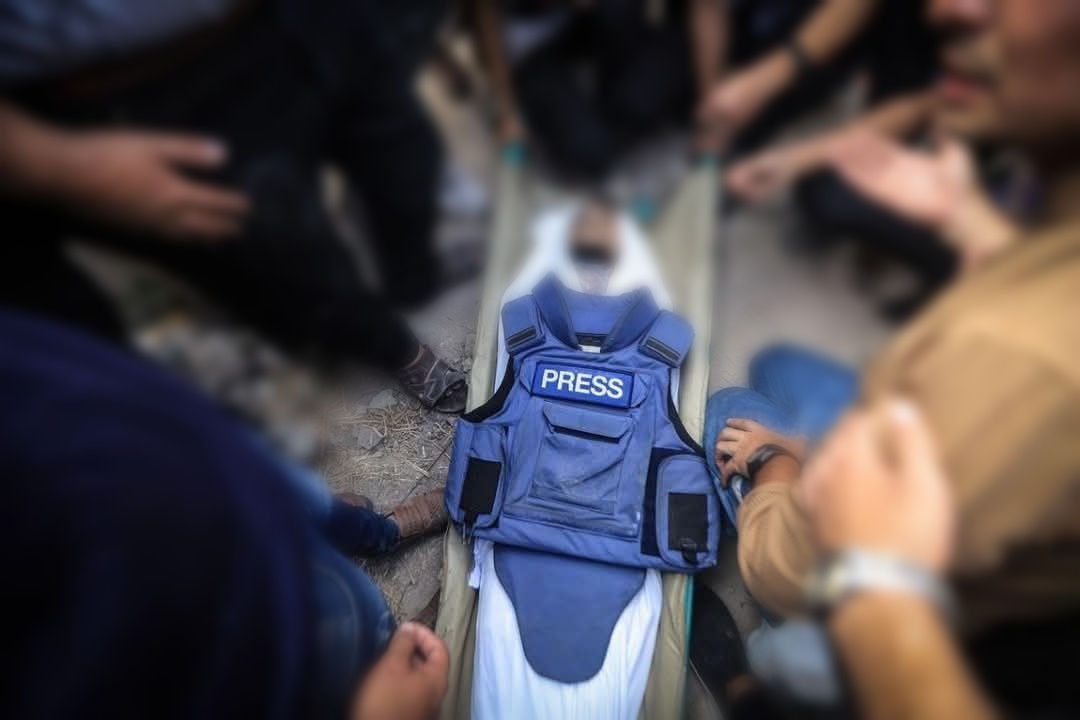The International Press Institute (IPI) has issued a renewed plea to Somali authorities, urging them to address the persistent impunity surrounding attacks on journalists in the country. Press freedom in Somalia continues to face critical challenges, with journalists routinely subjected to harassment, intimidation, and threats from both the Somali government and the militant group Al-Shabaab. These threats, which extend beyond mere verbal abuse, have manifested in physical violence, arbitrary arrests, censorship, and even murder.
Somalia remains one of the most dangerous countries in the world for journalists, with a long history of media suppression and violence. Despite repeated calls from international organizations, justice for murdered and persecuted journalists has remained elusive. The culture of impunity for attacks on the press is widespread, creating an environment in which perpetrators rarely face accountability.
According to IPI, the alarming rate of unsolved journalist killings underscores a lack of commitment by Somali authorities to protect the media and uphold press freedom. Data from UNESCO’s Observatory of Killed Journalists shows that 79 journalists have been murdered in Somalia since 1993, with 54 of these cases remaining unsolved. This month, as the anniversaries of several journalist killings are observed, IPI is renewing its demands for Somali authorities to conduct thorough, transparent investigations and to ensure that those responsible for these heinous acts are brought to justice.
A String of Unresolved Cases
As Somalia marks the anniversaries of multiple unsolved journalist killings this September, the situation remains bleak for those seeking justice. Among the unresolved cases are:
Abdirisak Said Osman, a journalist for Radio Codka Nabadda, was fatally attacked on September 19, 2018, by unidentified assailants while returning home from work. He was stabbed and beaten with sticks, ultimately succumbing to internal injuries. Abdirisak had recently reported on issues related to insecurity in Galkayo, a city in central Somalia, where locals expressed growing concerns over the influence of criminal gangs and terrorist groups, including Al-Shabaab. The motive for his killing remains unclear, and despite the gravity of the crime, no arrests have been made.
Abdiasis Mohamed Ali, a radio host for Radio Shabelle, was gunned down on September 27, 2016, by two assailants on motorbikes while traveling in northern Mogadishu. The 35-year-old journalist had hosted a popular morning news program, and his assassination sent shockwaves through the local media community. Although his killing occurred in broad daylight, no clear motive has been established, and the attackers have never been identified or apprehended.
Ahmed Mohamed Shukur, a camera operator and journalist for Somali National Television (SNTV), was killed on September 30, 2022, in an improvised explosive device (IED) attack while covering a military operation against Al-Shabaab. The incident occurred in Basra, a town near Mogadishu, during an assignment to report on counter-terrorism efforts. Ahmed’s death, a direct consequence of the ongoing conflict with militant groups, underscores the high risks that journalists in Somalia face, especially those reporting on sensitive security issues. However, a year later, no progress has been made in identifying those responsible for the attack.
These cases are just a few among many that reflect a broader pattern of unchecked violence against journalists in Somalia. While the motives behind these attacks vary—from silencing critical voices to suppressing coverage of terrorism and insecurity—the failure to hold perpetrators accountable perpetuates a cycle of fear and repression within the Somali media.
Somalia’s Unanswered Commitments
Despite Somalia’s Federal Constitution explicitly guaranteeing freedom of expression and its obligations under international law, little has been done to safeguard these rights. Somalia is a signatory to the African Charter on Human and Peoples’ Rights, which in Article 9, ensures the right to receive information and express opinions freely. In theory, these commitments oblige the Somali government to protect journalists and ensure the prosecution of those who commit crimes against them. However, in practice, the government has struggled to uphold these principles, particularly in the face of significant political instability and the pervasive threat posed by Al-Shabaab.
In collaboration with the Somali Journalists Syndicate (SJS), IPI has previously highlighted 11 unresolved cases of journalist murders, the oldest of which dates back to 2016. Despite repeated inquiries and public appeals, Somali authorities have remained largely unresponsive. The lack of political will to investigate these crimes, coupled with the ongoing influence of militant groups and political factions, has fostered a culture in which the murder of journalists goes unpunished.
Systemic Impunity and the Role of Al-Shabaab
The militant group Al-Shabaab has been one of the most notorious sources of violence against journalists in Somalia. Known for its brutal tactics, including bombings, assassinations, and targeted attacks on government officials and civilians, the group has long sought to control the narrative in areas under its influence. Journalists reporting on Al-Shabaab’s activities, as well as those critical of the group’s ideology or operations, are often the target of direct threats or physical violence.
In many cases, these threats are carried out with impunity, as local law enforcement is either unable or unwilling to take action. This dynamic has been further complicated by accusations of corruption within the government and security forces, with some factions accused of turning a blind eye to crimes committed against the press.
IPI’s research has shown that even when investigations into journalist killings are initiated, they are often marred by delays, lack of transparency, and political interference. In the rare instances where perpetrators are identified, they seldom face prosecution, emboldening others to carry out similar acts of violence.
Call for Action
As the international community continues to advocate for the protection of journalists worldwide, Somalia remains a glaring example of the challenges that press freedom faces in conflict zones. IPI’s call for Somali authorities to address impunity and take concrete steps to protect the media comes at a critical time, as journalists remain on the frontlines, reporting on issues that are vital to public discourse despite the life-threatening risks they face.
IPI emphasizes that the protection of journalists is not only a matter of individual safety but a fundamental pillar of democracy and freedom of expression. Without accountability, impunity will continue to undermine the press in Somalia, eroding public trust in the media and further endangering those who strive to uphold the truth.







Leave a Reply